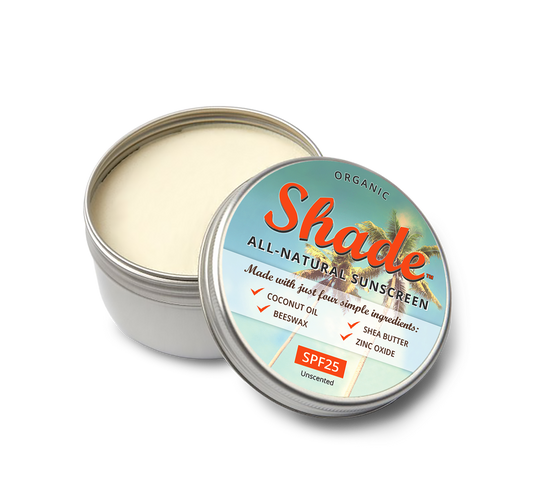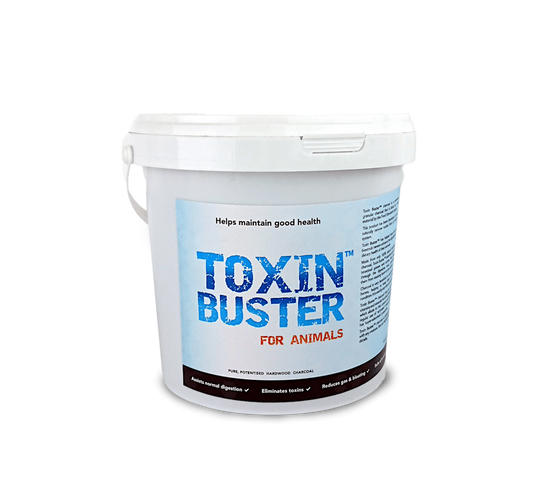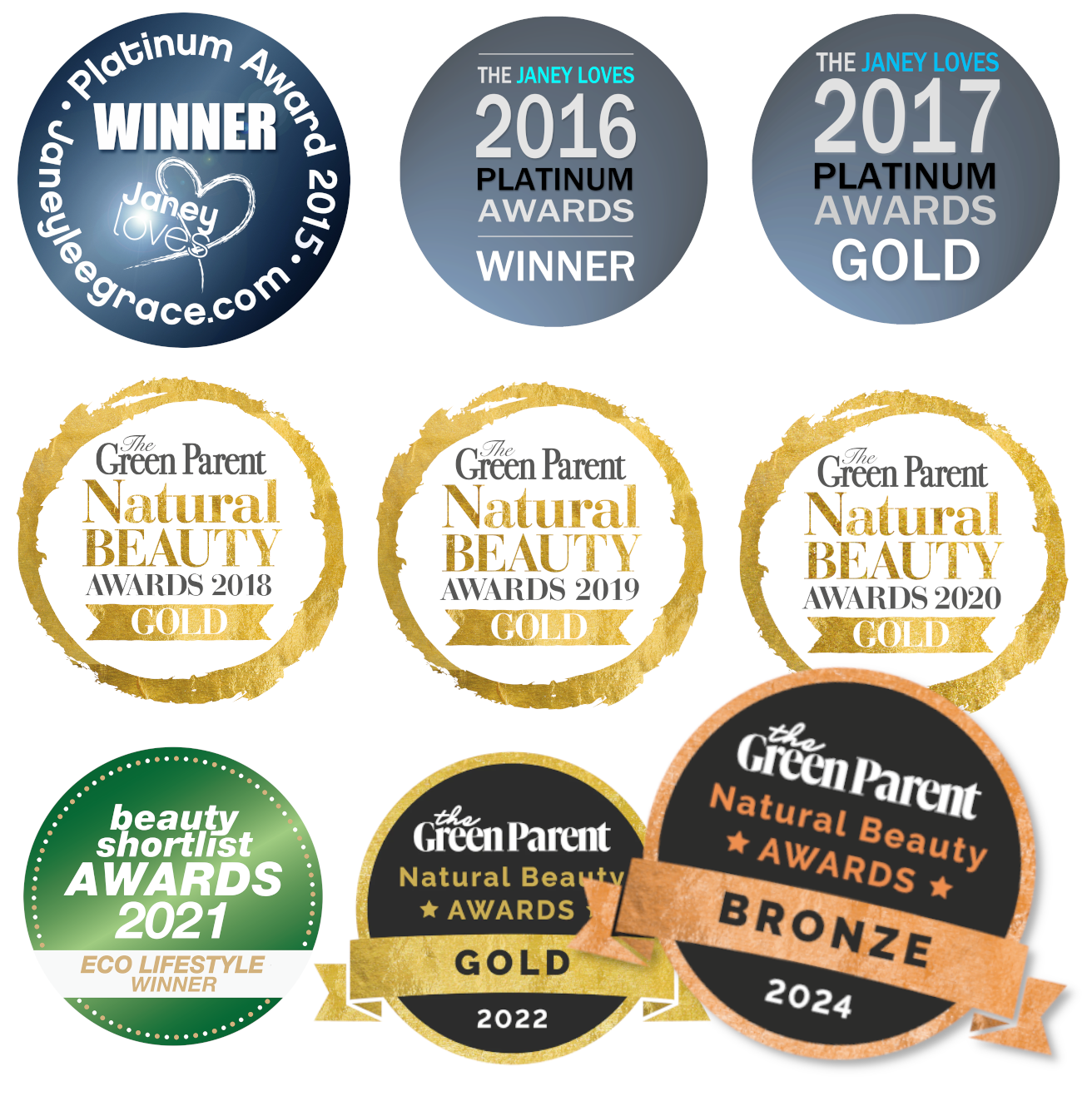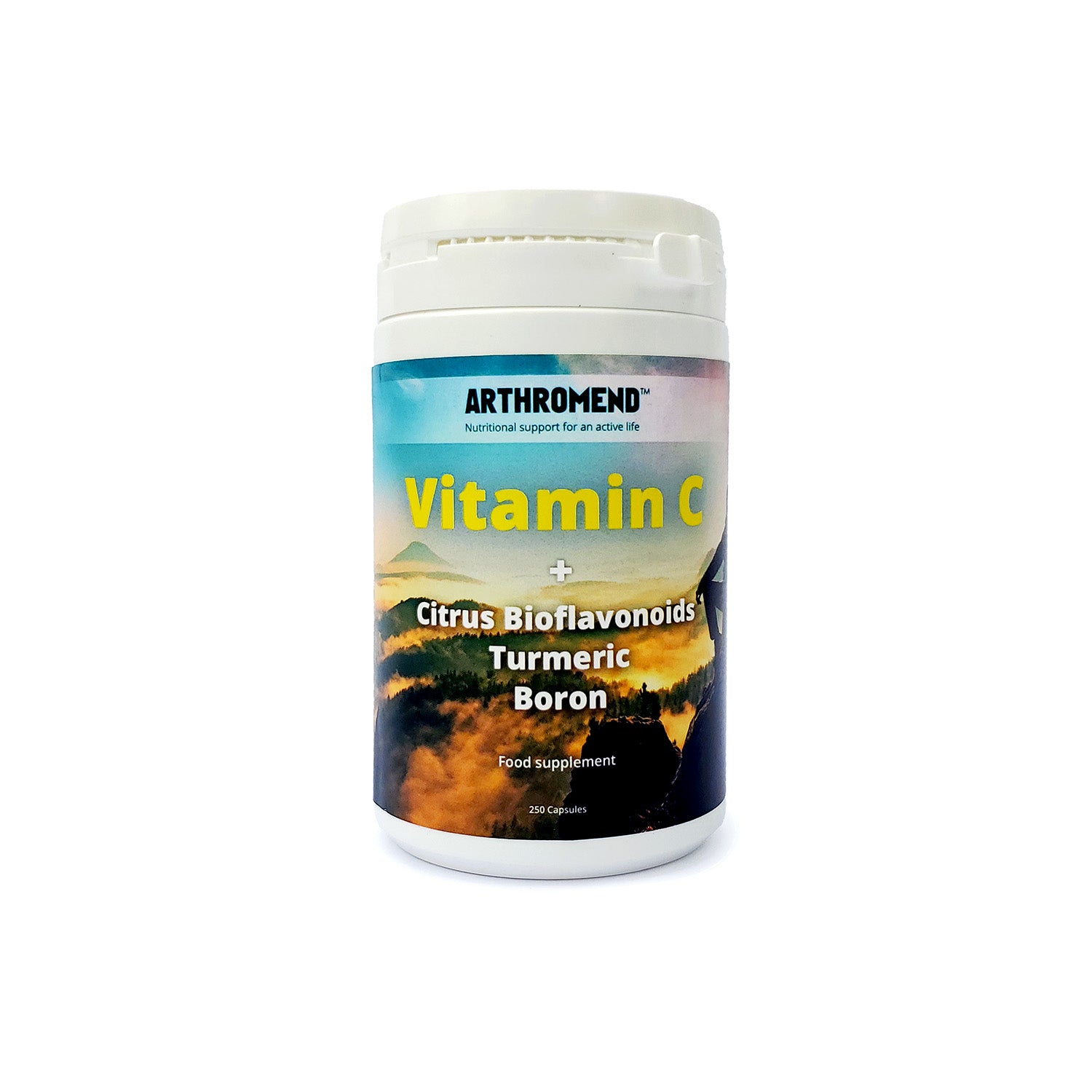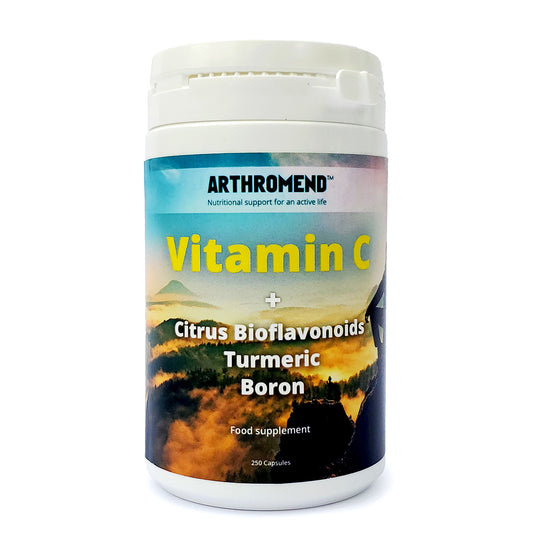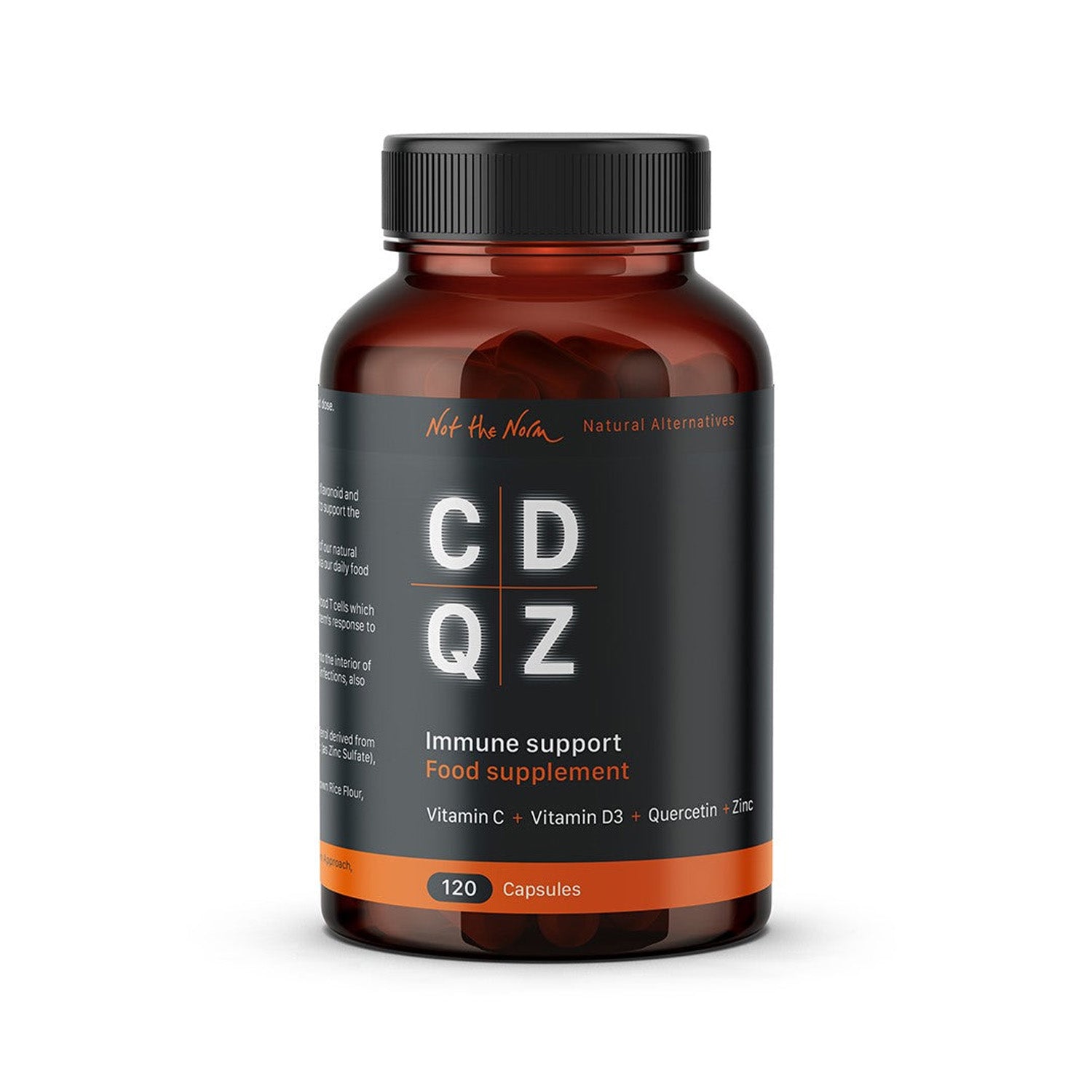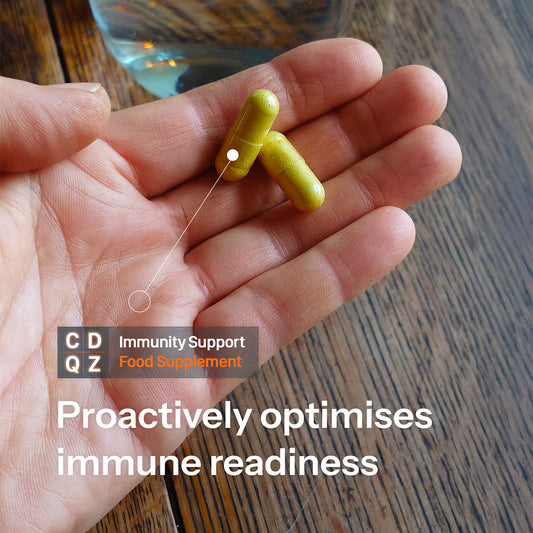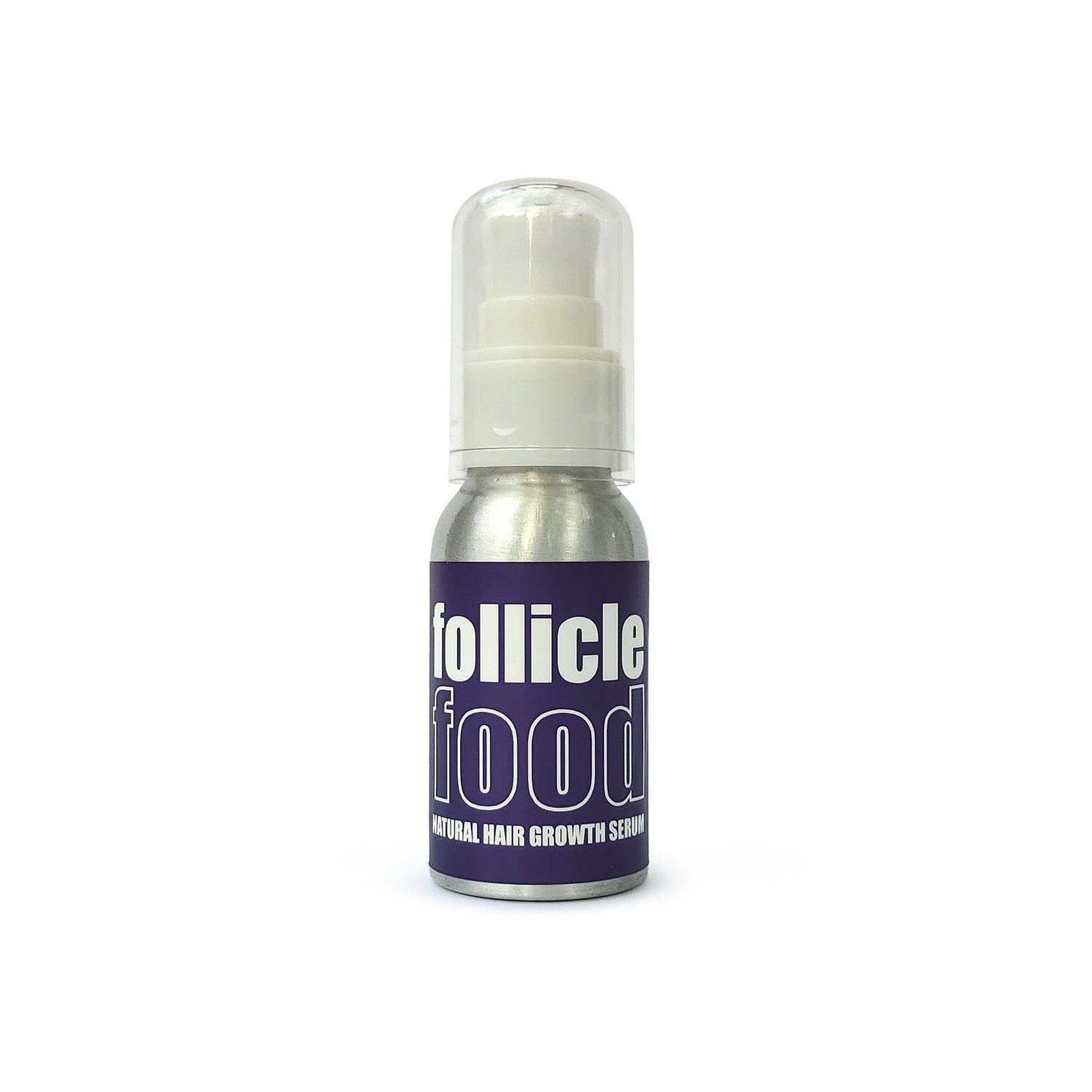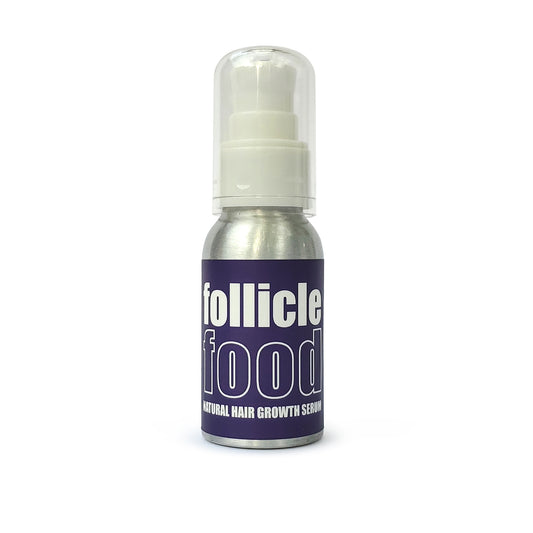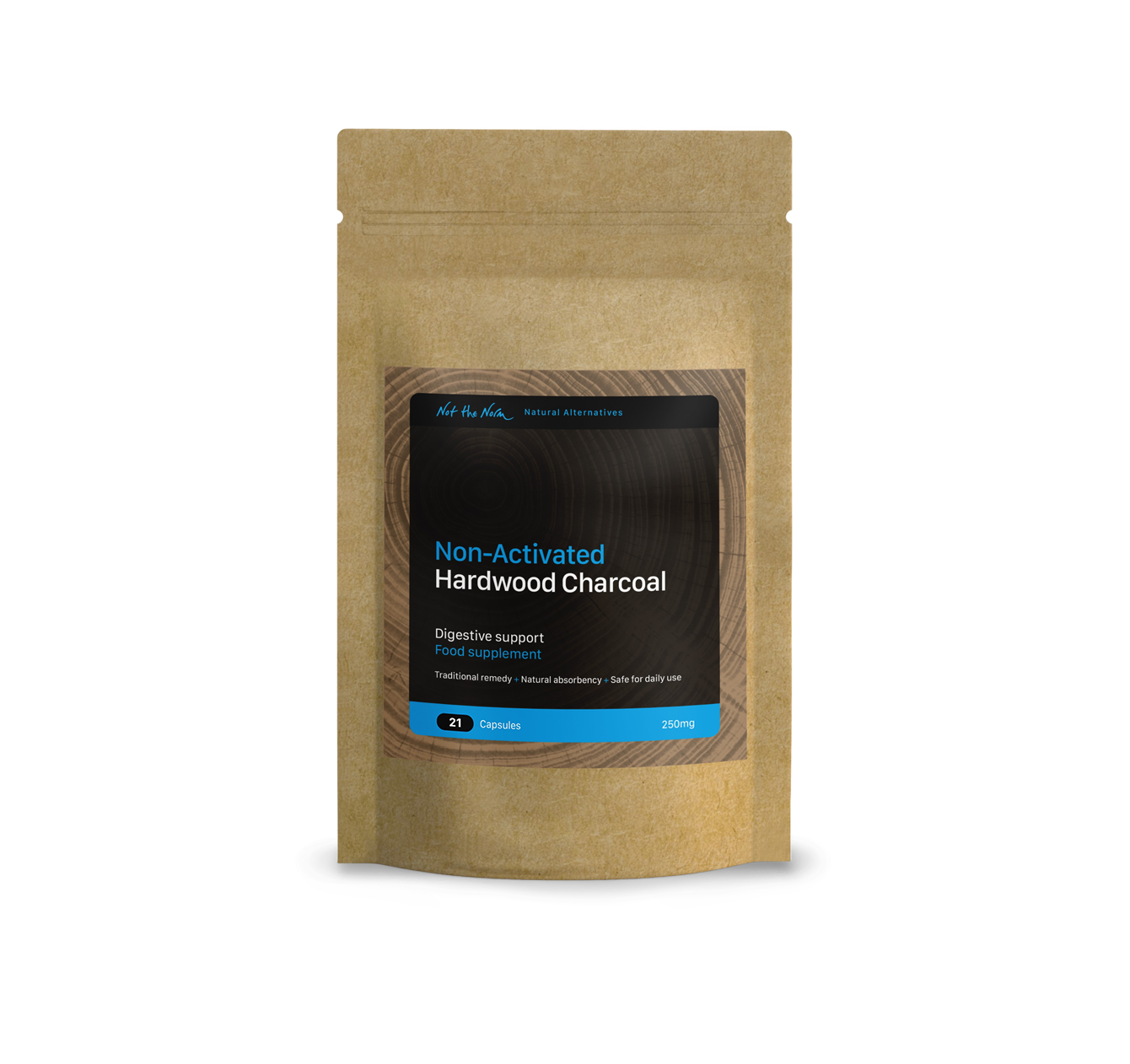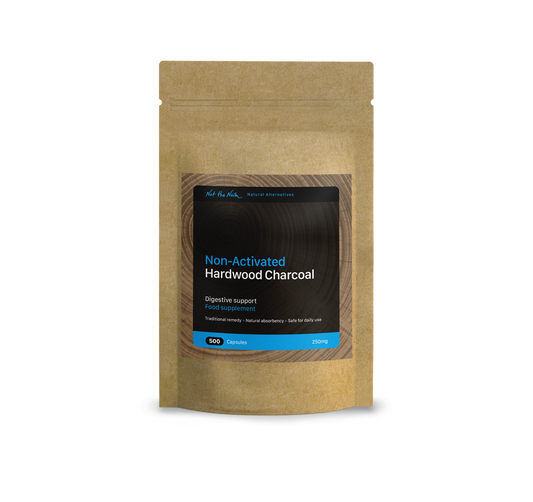T cells are a part of the immune system that focuses on specific foreign particles (such as pollen grains). Rather than generically attacking any antigens, T cells circulate until they encounter their specific antigen. As such, T cells play a critical part in your immunity to foreign substances.
T cells originate in the bone marrow but are matured in the thymus (hence ‘T cell’). In general, there are three types of T cells:
Cytotoxic - that respond to infections in cells such as viruses and malignant cells
Regulatory - that act to suppress an immune response, thereby maintaining a state of equilibrium (homeostasis) and self-tolerance (the ability of the immune system not to react to an antigen)
Helper - arguably the most important cells in adaptive immunity, as they are required for almost all adaptive immune responses (where the immune system seeks to destroy the invading pathogens or toxin produced by them).
All of these must react to foreign antigens strongly to be effective for immunity.
Once activated, communication occurs in the form of cytokines. Cytokines are small proteins that are crucial in controlling the growth and activity of other immune system cells and blood cells. The cytokines decide what form of responder the cells turn into. Helper T cells become Th1, Th2, or IL-17 types. When released, the helper T cells are your body’s alarm system which triggers the immune system to do its job.
Th1 and Th2 cells play an important role in immunity. Th1 cells stimulate cellular immune response whilst Th2 stimulate humoral immune response that induces antibody production. Excessive TH2 cells are thought to be the reason for allergies and asthma. Thus, an increase in the TH1 response would balance out the excessive TH2 response, reducing asthmatic symptoms.
Antihistamine offers temporary relief in a similar way, by increasing TH1 response whilst suppressing the excessive antibodies being produced by TH2.
Because the clearing of a virus or allergen depends on an effective immune response, boosting the function and quantity of T cells is important to ensure recovery.
Research carried out by Jodi F Hedges and her team at the Department of Immunology and Infectious Diseases, Montana State University, found that plant Polysaccharides (carbohydrates) derived from Yamoa™ (Funtumia elastica), are capable of slanting immune responses towards reduction of asthma and its symptoms right down to the molecular level.
Please visit The National Library of Medicine for the full scientific research paper.


